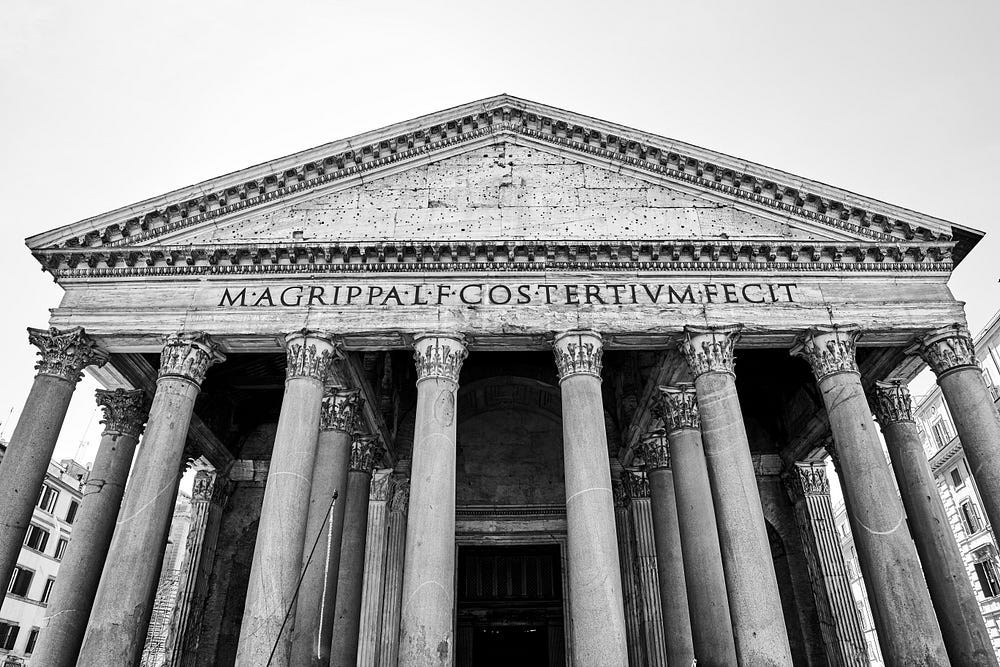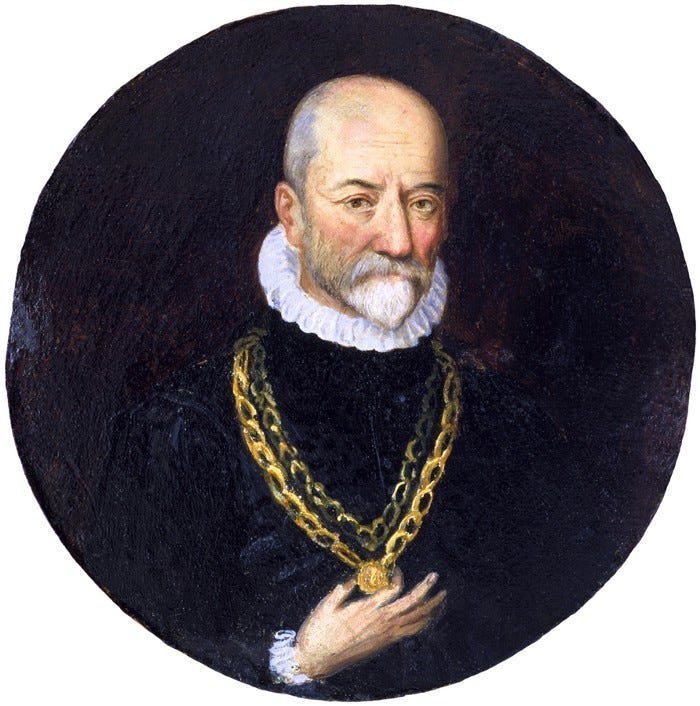Ancient Secrets To Help Deal With Modern Social Media Anger
Relearning the wisdom of a paused response
Photo by Mathew Schwartz on Unsplash
We live in a “lucky” world where we can share ideas at the speed of light. Then again, are we really that lucky? This instantaneous communication also gives us the rapid ability to shoot our mouths off without thinking in unprecedented ways.
We’ve gained the power to alienate friends and acquaintances alike quicker than the blink of an eye. Everything about social media encourages a quick response over a good and reasoned one. So, what’s one to do in this tech world when instantaneous and non-thinking is the norm?
As strange as it sounds, the best response might be to look to the distant past before social media ever existed. In the days when the fastest way to travel was a horse, and the main medium of communication was a letter, people also had anger issues. So, what was their secret cure for the instant heat of anger?
Time.
In varied cultures and ages, the best response was a pause before a reaction. And a pause is the one thing our instant social media world dreads the most. It’s almost become an art form we’ve totally lost touch with.
But the method isn’t gone, just forgotten. A Roman emperor, a French philosopher, and an ancient Buddhist teaching show us how to navigate our quick-moving world. Perhaps they might even understand the ills of social media better than we ever could.
The Emperor and the Alphabet
“Whenever you feel yourself getting angry Caesar, don’t say or do anything until you’ve repeated the twenty-four letters of the alphabet to yourself.”
— Athenodorus Cananites, “Lives of the Stoics” by Ryan Holiday and Stephen Hanselman
When you think of Roman Emperors, the terms “patient” and “well-mannered” are rarely the first things that come to mind. With names like Nero, Commodus, and Caligula in the stable, it might just poison the well a bit.
However, when a 19-year-old boy named Octavius ascended to the throne after the assassination of Julius Caesar, the empire found a smart, patient, and calm ruler in charge. Holiday and Hanselman explain this wasn’t luck; the emperor was created with time and effort.
Knowing an emperor with a quick temper and unlimited power could be a terrible tyrant, two stoic tutors were appointed to train the young man. Athenodorus Cananites focused mainly on his character. It appeared the work paid off. The times of civil wars ended, and Rome entered a time of relative peace; Holiday and Hanselman say Octavius never grew into a Nero or Caligula — even improving with age.
One can only imagine how many times Octavius paused to go through the alphabet. Perhaps we can do the same thing as anger compels us to type a message without thinking. We also have the blessing of two extra letters of the alphabet for a little more extra time to cool off.
The Sacred Pause
Therapist Michael J. Formica at Psychology Today explains, “When we are confronted with a strong emotion, we tend to lend that emotion an equally strong response.” So, anger tends to cause an irrational reaction. His advice is to use a Buddhist tool in response called the “sacred pause”.
This is an attempt to break the quick cycle of experience and response by adding time. When you experience that quick shot of rage, take a breath, and name the emotion you’re feeling repeatedly. As you’re doing this, you’re not flying into a response, but introspecting into what you’re feeling instead.
He also notes, as you do this, your emotions tend to change. You start to leave that red-hot anger state and it starts to cool. As a result, you can use this method as you get the urge to lash out at a Facebook post or when you get cut off in traffic as well.
It’s simply adding a bit of time between our world of instant communication and responses by focusing on ourselves for a few seconds.
Skepticism And Withholding Judgement
“There is no way so good that I should want to be fixed in it and unable to break loose. Life is an uneven, irregular, and multiform movement. We are not friends to ourselves…we are slaves, if we follow ourselves incessantly and are so caught in our inclinations that we cannot depart from them or twist them about.”
The French philosopher and aristocrat Michel de Montaigne lived in an age of civil war between Protestants and Catholics. According to Sarah Bakewell’s book “A Life Of Montaigne,” he even had members of his own family split between the two religions.
He’d find himself divided between his own family members, the local community, the church, and the monarchy. One wrong move might result in death or banishment. Separated families and banishment sounds a little familiar today, doesn’t it?
Despite the climate, Montaigne wasn’t imprisoned or beaten by mobs in the streets. He seems to have gotten along with his family. He also appears to have been respected by both Catholics and Protestants — even acting as a moderator between the two.
As Bakewell explains, Montaigne’s secret was the ancient Greek philosophy of Skepticism. The Skeptics believed suspending judgement on all unprovable matters would bring about ataraxia — relief from anxiety or stress. The philosopher embraced this ideology, allowing him to keep his head while the world went to war around him.
Michel de Montaigne (1590) — Unknown Artist [Public Domain]
Montaigne even had medals and measuring scales cast with the Greek word Epoché, meaning to hold back or reserve judgement. The icons reminded him to weigh his judgement before taking a position. The concept also reminded him to look at himself with a skeptical eye, regarding his actions and thoughts. It also added time before a hot-headed response.
One could only imagine Montaigne sitting in front of a cellphone today viewing Facebook posts. His likely answer wouldn’t be rage and to blurt out an equally inflammatory response. It would be Epoché. Perhaps we can use it as well to lead us to our own ataraxia.
Ancient Relief To Our Modern Problem
Social media battles which lead to alienation may seem like a modern problem. But they’re coated in the old fashioned ill of anger. Luckily for us, people who existed way before Facebook, Twitter, and whatever’s next had methods to deal with it.
Most revolved around time. Consider this the next time you go into the social media jungle. Instead of using that instant power, delay your response time a bit.
Be more like Octavius and less like Nero and Caligula. Run through the letters of the alphabet before you even begin to type a response. By the time you’re done, the short pause may make you more levelheaded.
Try the sacred pause when you feel that inner heat buildup. Identify and name the feeling and the emotion after that — hopefully, it leads to a de-escalation and less Facebook wars.
Remember Montaigne’s favorite word, Epoché. It may be tough to pronounce, but if you can even withhold judgement for a bit, you’ve achieved the outcome of putting time between your response. It might even relieve your stress as the Skeptics promised.
My personal tip is to wait even longer depending upon the situation. If it’s a negative email or comment, I try and wait an entire day to respond.
-Originally posted on Medium 11/27/20




